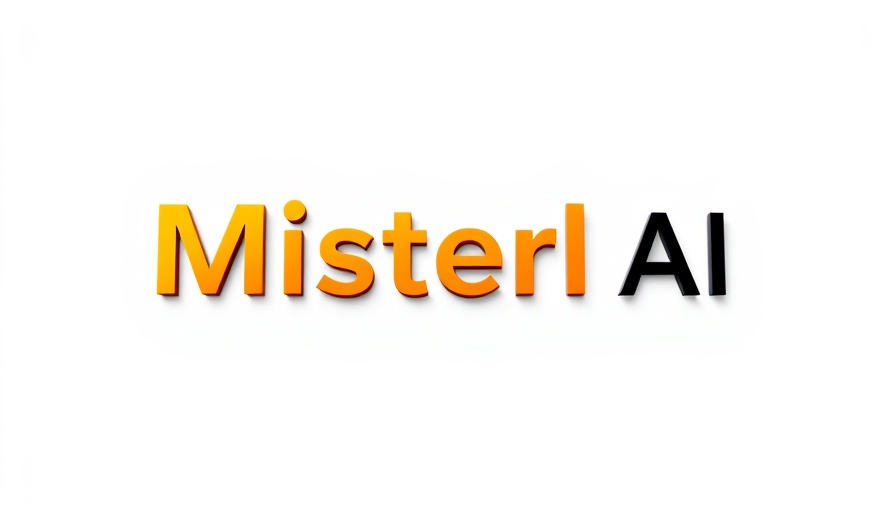
Anthropic's Outage: What Happened?
On September 10, 2025, Anthropic faced a significant outage affecting its AI services, including Claude, its language model, and the Console platform. The disruptions, which began around 12:20 PM ET, triggered a flurry of activity on developer forums like GitHub and Hacker News as users reported their difficulties in accessing these tools.
In a timely statement released eight minutes after reports surfaced, Anthropic acknowledged the problems, indicating that their APIs, Console, and Claude AI were temporarily down. "We're aware of a very brief outage of our API today shortly before 9:30 AM PT," an Anthropic spokesperson shared. They reassured users that service restoration was swift, and they had since implemented several fixes.
The Software Engineering Community Reacts
When faced with technological disruptions, the software engineering community often exhibits a combination of frustration and humor. In this instance, as Claude users awaited the system's reboot, some took to joking about a return to old-fashioned coding practices. One user quipped on GitHub that developers were now, quite literally, "twiddling their thumbs" due to the outage, while another lamented, “Nooooo I’m going to have to use my brain again and write 100% of my code like a caveman from December 2024.”
Such comments highlight the dependency developers have on AI technologies and the potential existential crisis they face during outages.
Historical Context: Anthropic’s Recent Challenges
This outage is not entirely unprecedented for Anthropic, which has faced several technical setbacks in recent months. Users have expressed increasing concern over the reliability of Claude and other models, especially given the critical nature of AI solutions in their workflows. In an industry where uptime is vital for productivity, frequent outages can severely damage trust and operational efficiency.
The Importance of AI Stability
As AI increasingly integrates into various industries, the importance of stable and reliable platforms cannot be overstated. For organizations that rely on AI-driven insights and automation, even short outages can lead to substantial operational backlogs and productivity dips. The reliance on these technologies is evident not only in real-time coding but also in broader applications across sectors such as healthcare, finance, and logistics.
Future Predictions: What Does This Mean for Anthropic?
The recurring issues prompt questions about Anthropic's infrastructure and its ability to support the growing demand for AI services. Analysts suggest that unless these persistent bugs are resolved, Anthropic might struggle to retain users in an intensely competitive market dominated by firms like OpenAI and Google.
In the long run, Anthropic may need to enhance its technological resilience and prioritize rigorous testing and maintenance protocols to foster user confidence. Without these changes, they risk being perceived as an unreliable option for developers and businesses who depend on robust AI functionalities.
Alternative Solutions: What Can Users Do?
For users experiencing disruptions with Anthropic's services, it may be worth exploring alternative AI platforms that can provide similar functionalities. This can not only cushion them against outages but also allow experimentation with diverse AI tools that might better fit their specific needs.
As the landscape of AI tools continues to evolve, staying informed about the capabilities and stability of different providers will be crucial for professionals relying on these technologies.
Conclusion: The Road Ahead for Anthropic
The recent outages underline a crucial lesson for tech companies in today's fast-paced digital landscape: uptime is vital for user satisfaction. As Anthropic patches its issues, the focus needs to shift towards building a resilient infrastructure that can withstand the test of demand.
For developers and companies relying on Claude and similar systems, adapting flexible strategies and exploring alternatives will be essential until Anthropic demonstrates consistent reliability. Navigating these challenges requires a proactive approach for continued operational success.
 Add Row
Add Row  Add
Add 




Write A Comment